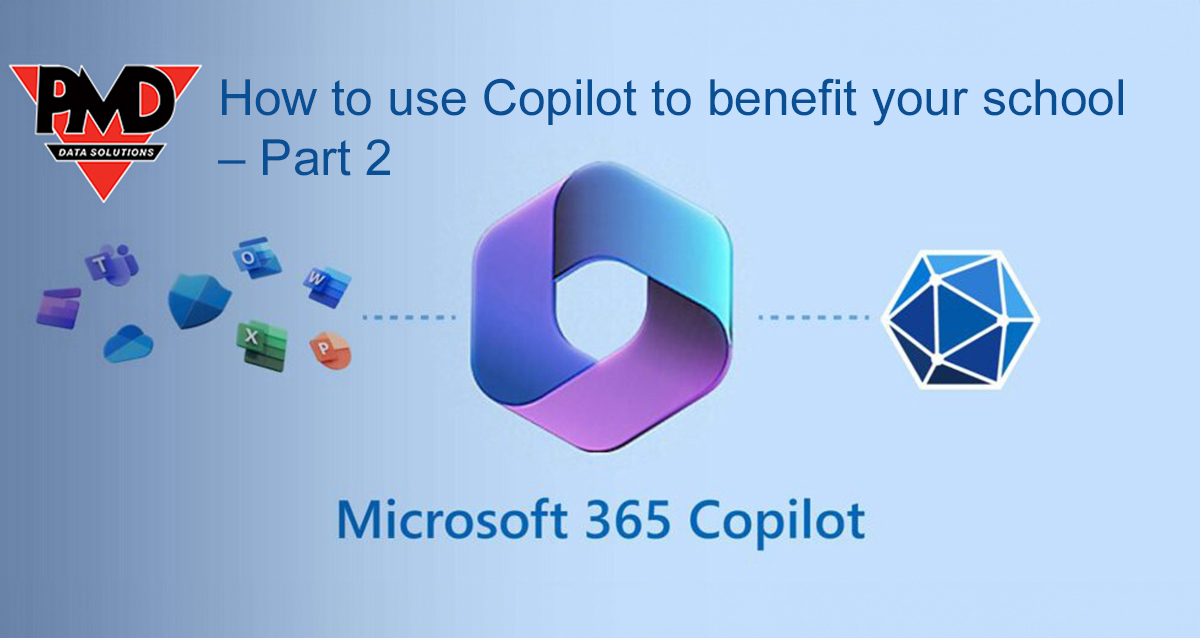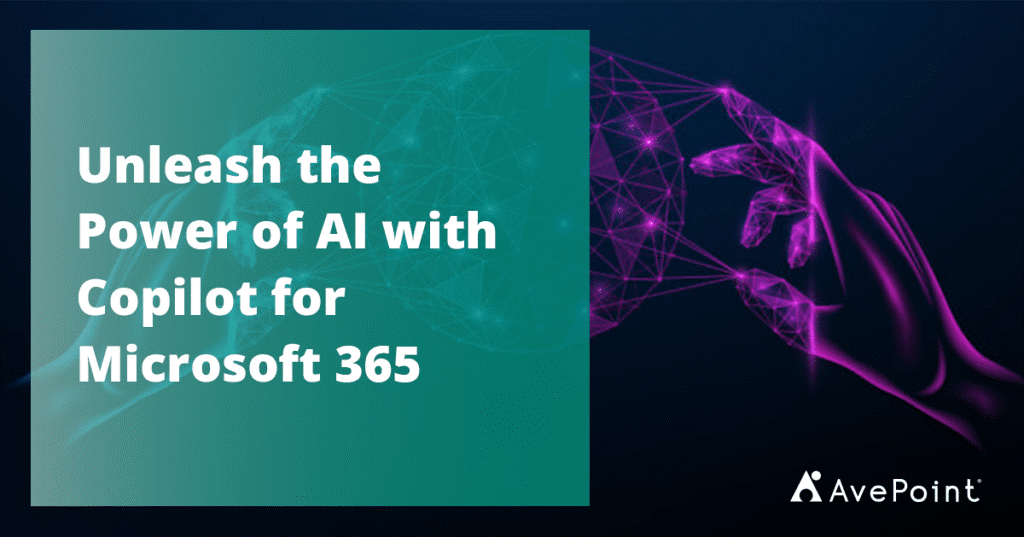How to use Copilot to benefit your school – Part 2
by

Challenges Arising from Use of AI in Education and How to Address Them
Undoubtedly, as shown in Part 1, AI and Microsoft Copilot have the potential to revolutionize schools and other educational institutions. However, before fully embracing this new technology, administrators should pause and carefully weigh the potential implications for their organizations. Thoughtful consideration ensures a smoother transition and maximizes the benefits while mitigating any unforeseen challenges.
Here are some actions you can take before launching AI in your educational institution.
1. Ensure AI Literacy for Teachers and Students to Use AI Effectively
AI literacy is the ability to understand, use, and interact with AI technologies effectively. It requires not only technical expertise but also critical thinking, ethical consideration, and informed decision-making. As AI increasingly influences the way we live, being AI literate allows us to navigate this AI-infused landscape in a confident and responsible manner.
Teachers, staff, and students must acquire new digital skills and competencies to enable schools to achieve AI literacy. This involves strengthening their capacity and readiness for AI by providing them with adequate training, resources, and support. Integrating AI literacy and skills into the curriculum and assessment is also important.
Furthermore, teachers and students need the ability to discern good quality AI output from bad ones, as exercising due diligence is still necessary despite AI tools being based on advanced language models. This is where having a strong data foundation comes in to unlock the full potential of AI.
2. Keep an Eye on How AI is Being Used by Students and Teachers
A common concern among educators is how students can use AI to cheat in their exams or other requirements. Because AI can generate accurate answers quickly and easily, students might be tempted to use AI to complete their work. There are also concerns about how AI could be misused or abused.
To respond to these concerns, schools must establish clear policies to define the parameters governing ethical AI use, enforce data management measures that promote academic integrity, educate stakeholders about responsible AI use, and regularly update guidelines to stay aligned with developments in AI technology. There is also a need to monitor how students, teachers and staff are using AI to ensure compliance with the policies set for responsible use.
In the area of assessments, for example, project work and essays might need to be tweaked to elicit students’ understanding of concepts in terms of real-world applications as compared to traditional questions that AI may be able to provide answers to. AI is, after all, a statistical representation of the world and cannot beat the creativity of the human mind. Anti-cheat technologies will also have to keep up with the detection of AI-generated answers for education institutes to reinforce the importance of assessment originality.
Unlock the Transformative Power of AI by Adopting a Sound AI Strategy
In the age of AI, it’s not a question of if but when this technology will become integral to schools.
Education leaders should proactively grasp its essence, mechanics, and the necessary safeguards for secure AI adoption. Even if your school opts not to implement it immediately, preparing for the inevitable ensures readiness when it’s no longer a matter of choice.
Whether your school plans to invest in AI or not, public AI models are flourishing and easily accessible and it’s likely your students (and perhaps, even some of your educators) have already been using these tools to help streamline their tasks. So, to ensure your school is adequately prepared for AI’s impact, it’s important to ponder on a sound AI strategy that you can implement with confidence.
This means educating both students and staff on what AI is and what its purpose should be. Users should be trained to recognize low-quality AI output and use critical thinking skills to question where such information may have come from. And finally, it is everyone’s responsibility to ensure that any sensitive data is properly protected from those who might input it into public AI information domains without understanding the risk of doing so.
If you’re looking to implement AI and Copilot into your environment – email us at sales@pmddatasolutions.co.uk and we can help you do it in the most secure way.

